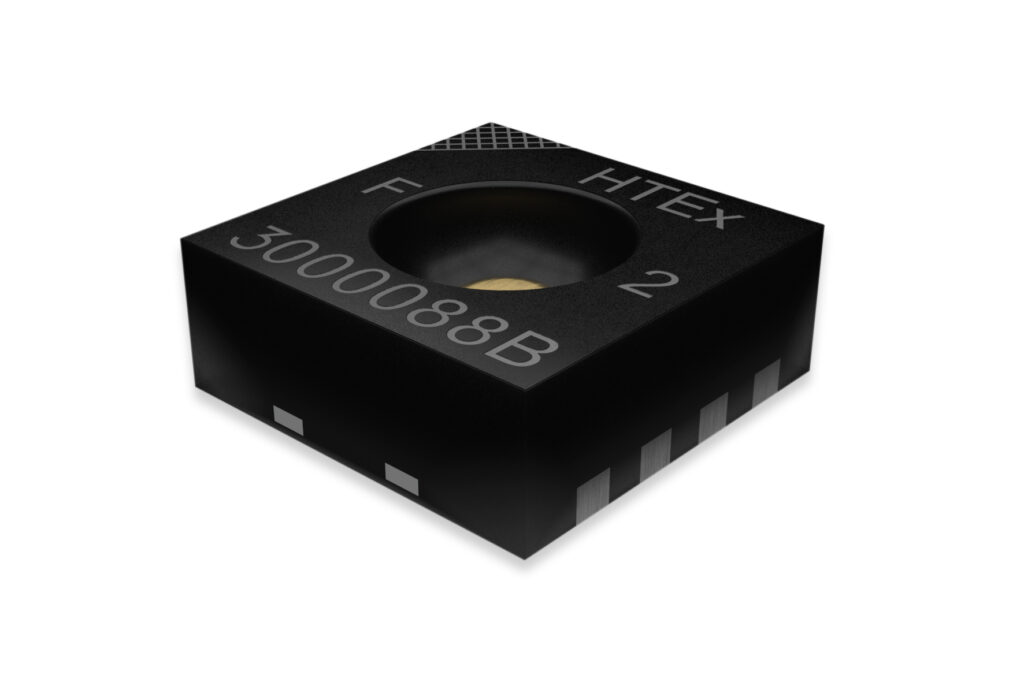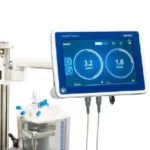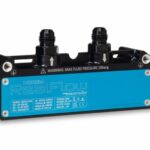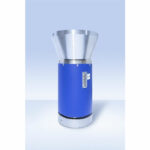
E+E Elektronik has announced the new HTE501, a digital sensing element focussed on pinpoint accuracy in humidity and temperature measurement. With a temperature range of -40 °C to 135 °C, the HTE501 sensing element is suitable for a wide range of applications
The HTE501‘s high level of measurement accuracy is the result of the Austrian sensor specialist’s more than 30 years of experience in the field of humidity measurement technology and the use of state-of-the-art manufacturing technologies. The stated accuracy of the relative humidity measurement of up to ±1.8 % includes hysteresis. Integrated hysteresis compensation ensures that the sensing element always keeps within its tolerance window, even when the humidity content rises or falls.
The measured value output is based on the I2C data communication protocol. The measured values are available in 16 bit integer format and can be processed directly. In addition to the humidity and temperature values, the dew point is also calculated and output directly. It is not necessary to convert the measured values. 8 individually adjustable I2C addresses make it possible to operate several sensing elements on one I2C bus.
In terms of durability, the HTE501’s active sensor surface is permanently protected against dirt and corrosive deposits by the proprietary E+E sensor coating. Originally developed for industrial applications, this special protective coating ensures excellent measurement performance and long-term stability even under demanding conditions. The sensing element can, therefore, be used in harsh environments without the need for additional protection options such as a membrane filter or filter caps. In addition to this, the integrated constant current heater, which can be activated as required, keeps the sensing element at excess temperature and thus prevents condensation and deposits caused by condensation.
The DFN enclosure of the HTE501 measures only 2.5 x 2.5 x 0.9 mm. This makes the sensing element suitable for demanding designs and tight spaces. The integrated I2C pull-up resistors further facilitate design-in, as no external circuitry is required.






